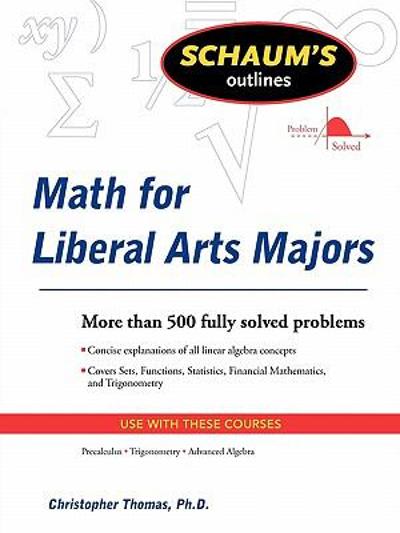Question
True or False Questions Question 1 When using the chi-square test statistic, expected frequencies are those that researchers observe in the sample. True False Question
True or False Questions
Question 1
When using the chi-square test statistic, "expected" frequencies are those that researchers observe in the sample.
True
False
Question 2
When adding a control variable does not affect the statistical significance of relationships, the result is called replication.
True
False
Question 3
A 5 percent level of significance suggests a higher level of confidence than a 1 percent level of significance.
True
False
Question 4
When both variables are categorical, the t-test should be used for hypothesis testing.
True
False
Question 5
One-tailed tests are used most often, unless compelling a priori knowledge exists or it is known that one group cannot have a larger mean than the other.
True
False
Question 6
If the Levine's test shows an inequality of variances, you can trust either t-test number produced in SPSS.
True
False
Question 7
Nonnormality is sometimes overcome through variable transformation.
True
False
Question 8
A paired t-test is best for pretest/post-test analyses.
True
False
Question 9
When problems of nonnormality cannot be resolved adequately, analysts should consider nonparametric alternatives to the t-test.
True
False
Question 10
The Spearman's Rho is an independent-samples test that is analogous to correlation.
True
False
Question 11
Simple regression is appropriate for examining the bivariate relationships between two continuous variables.
True
False
Question 12
The null hypothesis in regression is that the intercept is zero.
True
False
Question 13
A scatterplot is a plot of the data points of two continuous variables.
True
False
Question 14
R-square is called the coefficient of determination.
True
False
Question 15
A negative slope in regression, indicates an upward sloping line.
True
False
Question 16
In multiple regression, significance is of the model is determined by the F-test.
True
False
Question 17
R-square is the percent variation of the dependent variable explained by the independent variable(s).
True
False
Question 18
R-square varies from 1 to 2.
True
False
Question 19
The Spearman's rank order correlation coefficient tests whether the rank orders of responses of two variables are statistically associated.
True
False
Question 20
T values allow us to see which variables in a multiple regression model are significant in explaining the variance in the dependent model.
True
False
Question 21
The error term accounts for all variables not specified in the model.
True
False
Question 22
It is okay for independent variables not to be correlated with the dependent variables, as long as they are highly correlated with each other.
True
False
Question 23
The global F-test examines the significance of the overall effect of all independent variables, jointly on the dependent variable.
True
False
Question 24
A dummy variable can have only two values, 0 and 1.
True
False
Question 25
Heteroscedasticity occurs when one of the dependent variables is linearly related to the independent variable.
True
False
Question 26
Outliers are observations whose multiple regression residuals exceed three standard deviations from the regression line or plane.
True
False
Question 27
It is okay to include irrelevant variables in a regression model, as long as they are significant.
Group of answer choices
True
False
Step by Step Solution
There are 3 Steps involved in it
Step: 1

Get Instant Access to Expert-Tailored Solutions
See step-by-step solutions with expert insights and AI powered tools for academic success
Step: 2

Step: 3

Ace Your Homework with AI
Get the answers you need in no time with our AI-driven, step-by-step assistance
Get Started


